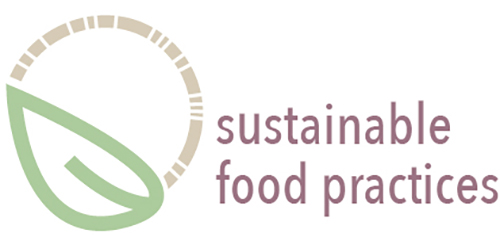
Presentation at 8th Annual Conference of the AESOP Sustainable Food Planning Group’
14th – 15th November 2017
Dr. Rachel Reckinger presented the paper ‘Alternative Paths Towards Sustainable Localized Food Sovereignty: Convergence between Prosumers and Ethical Entrepreneurs over Time’ at the 8th Annual Conference of the AESOP Sustainable Food Planning Group on the topic of ‘Re-imagining Sustainable Food Planning, Building Resourcefulness: Food Movements, Insurgent Planning and Heterodox Economics’. The event was organised by Association of European Schools of Planning (AESOP) and the Centre for Agroecology, Water and Resilience (CAWR) and took place at CAWR at Coventry University, UK.
Download the programme and the proposal here
Abstract
Recently, a number of resourceful community-driven initiatives for local food production and retail have arisen in Luxembourg, in a context of particularly low organic agricultural rates paradoxically paired with high consumer demands for organic produce, leading to a specific market of largely imported organic goods. As an encompassing reaction to this situation, a niche of social innovators are combining agro-ecological land use and food production with locavoracity and circular economy.
Based on qualitative in-depth interviews and participant observation, we would like to expand on four micro-case studies of circular-economy-type fruit and vegetable production as well as unpackaged and/or socially responsible food retail in today’s Luxembourg. One has been established since the 1980s with over 150 employees, partly in social insertion measures, producing and importing organic fruits and vegetables, delivered via a classical box scheme system. Additionally, over the last three years three significantly smaller initiatives with higher citizen and/or community involvement have emerged. They are characterized by a cooperative governance structure, a claimed community-supported agricultural outlook, a more dynamic presence on social media and regular hands-on workshops and activities. These more recent initiatives are also more radical in their agro-ecological and/or permaculture practices, focusing on local production without relying on imports, as a politicized step further than mere (possibly industrialized) organic production, which is an altogether renewed enacting of circular economy precepts. Yet their position on the market is for the moment more fragile and marginal. Particularly, the retailers among them have to build creative consensus – according to specific priorities and stances – between their standards and the adjustment to consumers who, albeit sensitized, are in search for a certain variety and convenience.
By focusing on heterodox experiences of more or less established alternative actors in diverse yet complementary food production and retail niches, we will explore topics such as emotional collective commitment and consensus-building, ethical entrepreneurship in relation to possibly reframed standards over time, governmentality, political enabling or disabling structures and regulations, as well as commodification and upscaling issues. Therefore, this paper touches on political processes and strategies, urban agro-ecological practices as well as post-capitalist economics.


